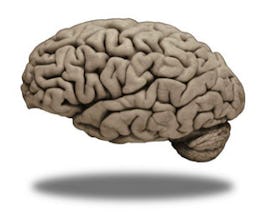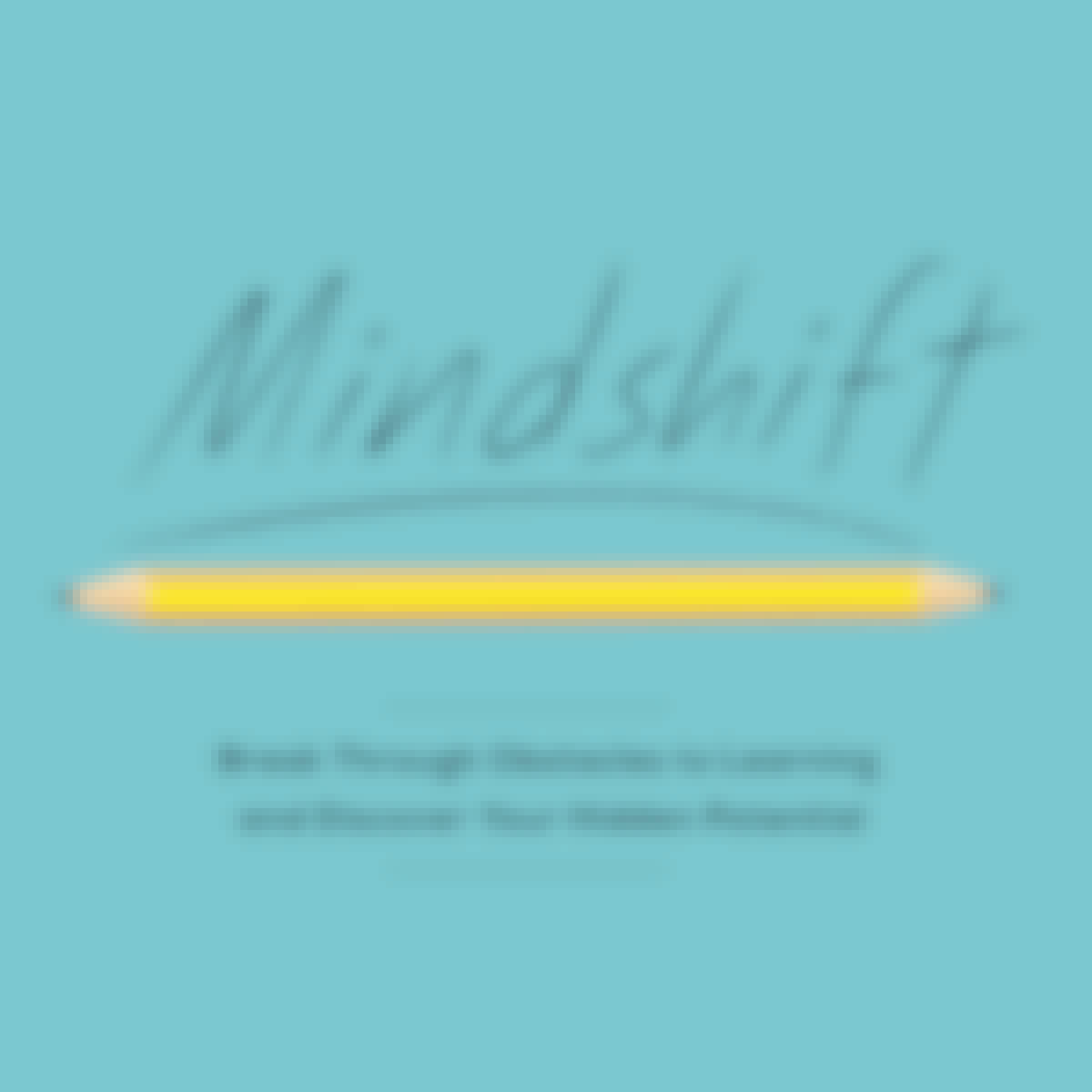Filter by
The language used throughout the course, in both instruction and assessments.
Choose the Cognitive Science Course That Aligns Best With Your Educational Goals
 Status: Free
Status: FreeYale University
Skills you'll gain: Critical Thinking
 Status: Free
Status: FreeDuke University
Skills you'll gain: Health
 Status: Free
Status: FreeThe University of Edinburgh
 Status: Free
Status: FreeDeep Teaching Solutions
Skills you'll gain: Business Psychology, Entrepreneurship, Human Learning, Leadership and Management
 Status: Free
Status: FreeCopenhagen Business School
Skills you'll gain: Business Psychology, Market Research, Marketing, Behavioral Economics, Customer Analysis, Decision Making, People Analysis, Experiment, Marketing Psychology, Research and Design
 Status: Free
Status: FreeStanford University
Skills you'll gain: Critical Thinking, Mathematical Theory & Analysis, Mathematics, Problem Solving, Computational Logic, Algebra, Applied Mathematics, Data Analysis, Computational Thinking, Decision Making

Skills you'll gain: Algorithms, Applied Machine Learning, Artificial Neural Networks, Computer Vision, Deep Learning, Human Learning, Machine Learning, Machine Learning Algorithms, Machine Learning Software, Computational Thinking, Data Science
 Status: Free
Status: FreePrinceton University
Skills you'll gain: Computer Programming, Java Programming, Programming Principles, Computational Thinking, Algorithms, Computational Logic, Theoretical Computer Science, Critical Thinking, Mathematical Theory & Analysis, Problem Solving, Computer Science
 Status: Free
Status: FreeHebrew University of Jerusalem
 Status: Free
Status: FreeMcMaster University
Skills you'll gain: Business Psychology, Human Learning
 Status: Free
Status: FreeUniversity of Illinois at Urbana-Champaign
Skills you'll gain: Human Learning
 Status: Free
Status: FreeDuke University
Searches related to cognitive science
In summary, here are 10 of our most popular cognitive science courses
- Introduction to Psychology: Yale University
- Medical Neuroscience: Duke University
- Philosophy and the Sciences: Introduction to the Philosophy of Cognitive Sciences: The University of Edinburgh
- Learning How to Learn: Powerful mental tools to help you master tough subjects: Deep Teaching Solutions
- An Introduction to Consumer Neuroscience & Neuromarketing: Copenhagen Business School
- Introduction to Mathematical Thinking: Stanford University
- Introduction to Artificial Intelligence (AI): IBM
- Computer Science: Programming with a Purpose: Princeton University
- Synapses, Neurons and Brains: Hebrew University of Jerusalem
- Mindshift: Break Through Obstacles to Learning and Discover Your Hidden Potential: McMaster University










